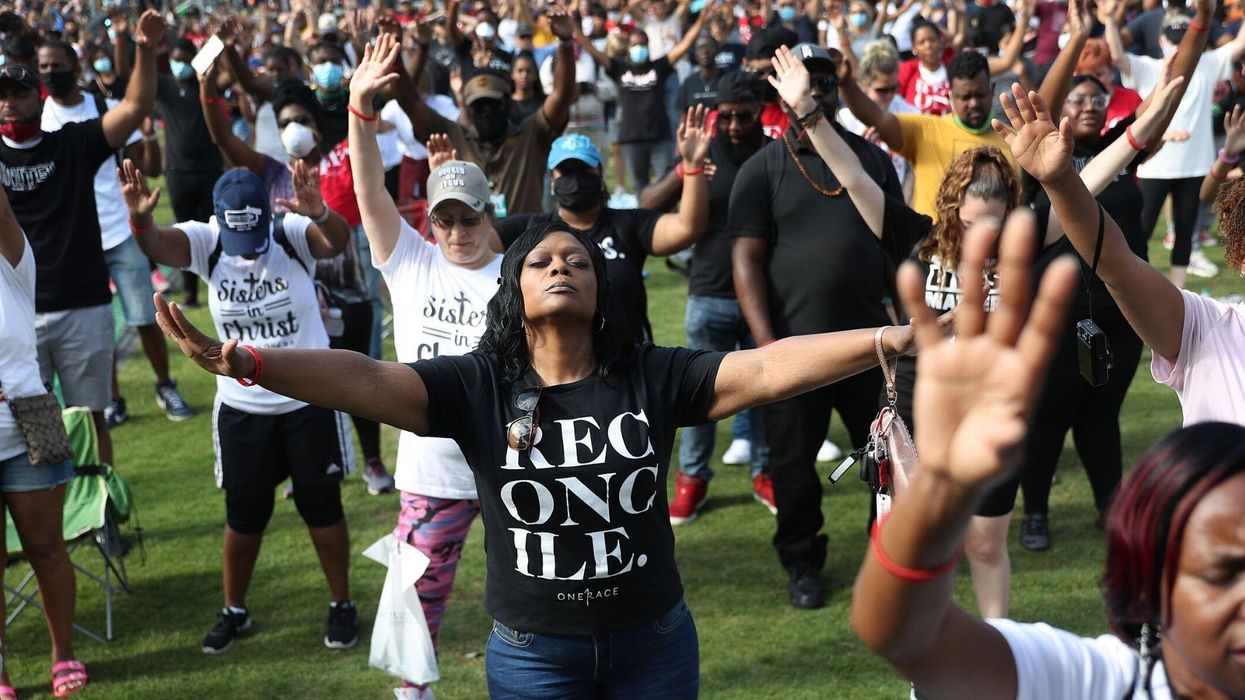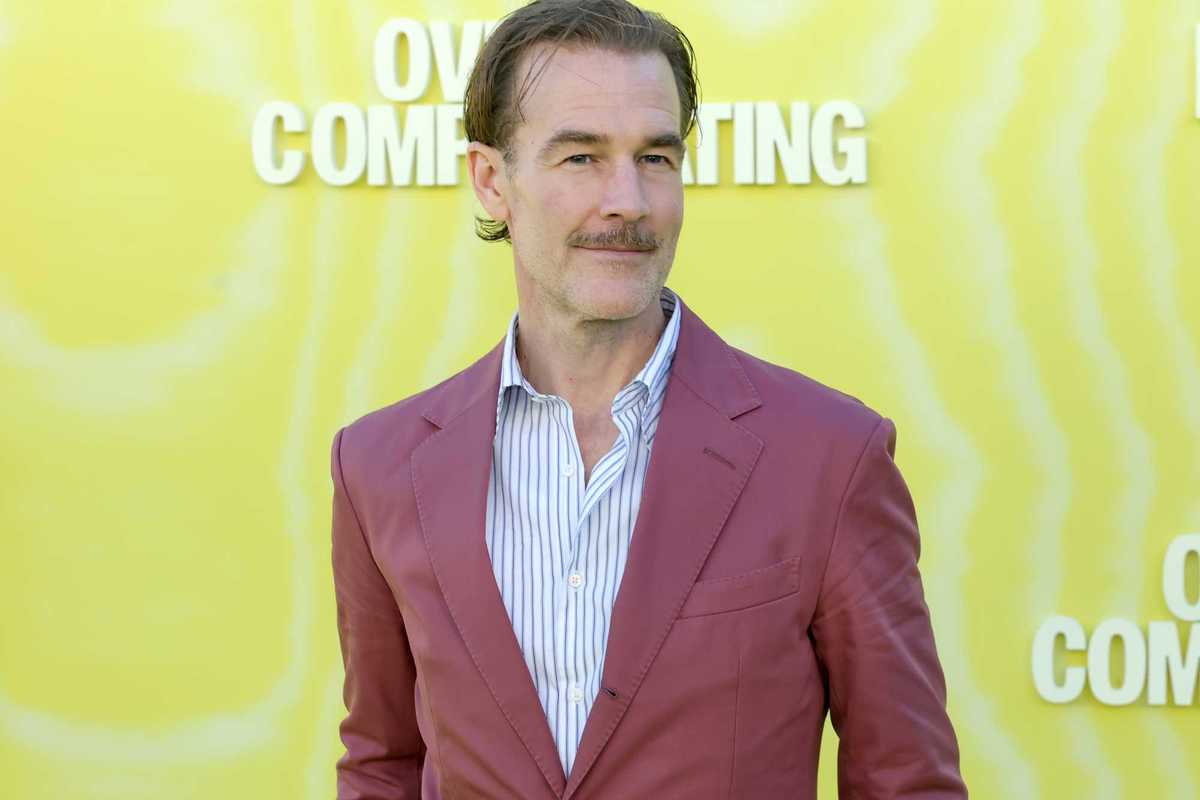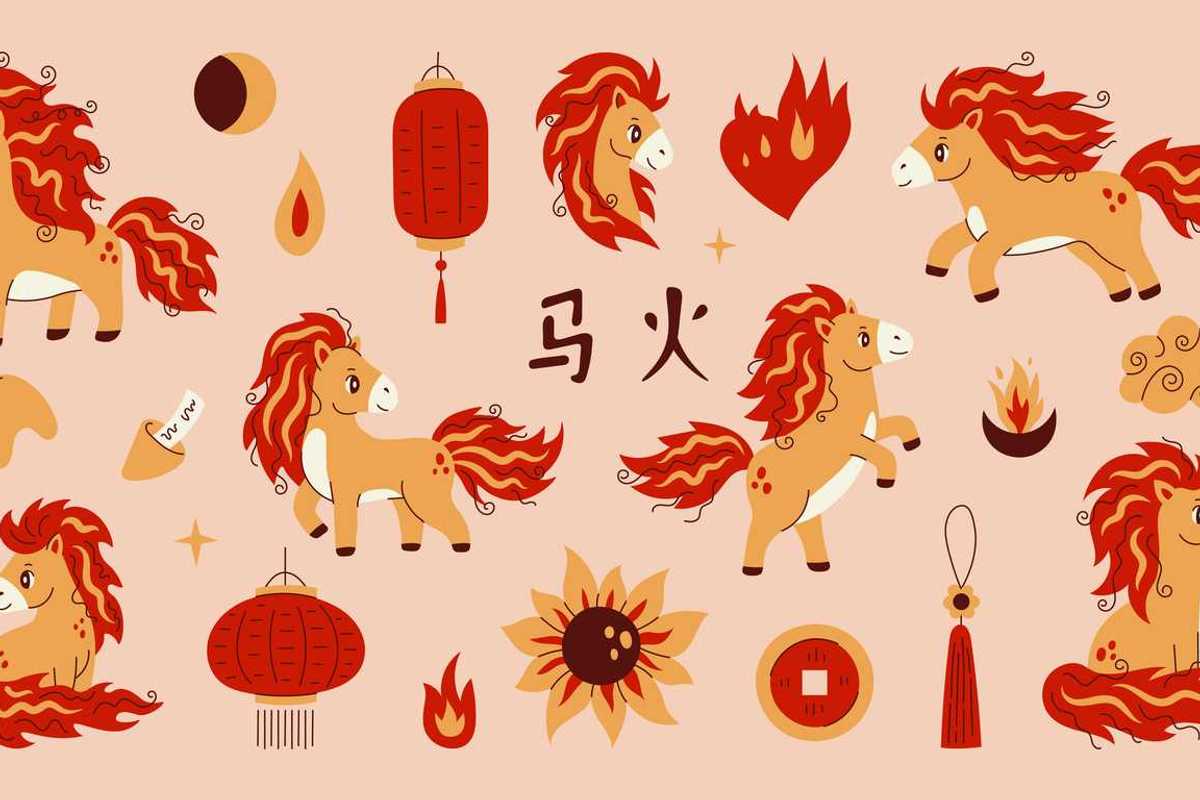Sanjana Varghese
Jun 19, 2020

Getty
Juneteenth – 19 June – is a significant day in American history.
The date is also known as Freedom Day or Liberation Day, as it marks the date that slavery in the US was ended officially. For years, there have been calls to make it a national holiday, and these calls have taken on new significance this year. After the death of George Floyd at the hands of four police officers in Minneapolis at the end of May, Black Lives Matter protests spread around the world, starting in Minneapolis.
These protests have often attracted crowds of thousands of people – and have spread around the world, as far as Japan and Australia.
But this period seems to have brought about some kind of reckoning with the realities of life for black people in America (and around the world) – and some are hopeful that this Juneteenth may prompt more reflection about the past.
Speaking to the BBC, Dr Greg Carr explains that Juneteenth is “black folks' attempt to build a holiday, build a ritual and build institutions that they control.”
June nineteenth marks the day in 1865 that slaves in Galveston, Texas, were officially informed that they were free. The Civil War was still ongoing, but it was a significant symbol of liberation and freedom for people who had been marginalised and downtrodden for a long time.
The timeline
Abraham Lincoln had signed the Emancipation Proclamation – which legally freed every slave throughout the US – in 1863, on the first day of the year. As historians explained, it took two years to reach slaves in Texas, which was widely considered to be the heart of the confederacy. This is also because some landowners actively resisted the federal government's proclamation.
In 1864, the Senate passed the 13th amendment – which prohibited slavery in all states except for the border states, such as Delaware, Kentucky and a handful of others. This is because these states were still in the Union at the time, and Lincoln was thought to have worried that this amendment would push them into the Confederacy.
The Civil War ended in April 1865, when the confederate general Robert Lee surrendered in Virginia. Two months later, order number 3, which officially freed the slaves in Texas, was delivered by Major General Gordon Granger of the Union army – they took control of the state and officially freed the last slaves in the area.
Do people celebrate?
While Juneteenth was widely celebrated after the 1860s, it wasn’t a federal holiday for many decades. During the first and second World Wars, more people celebrated 4 July for the anniversary of the signing of the Declaration of Independence, which represents the birth of the United States as an independent nation.
But during this time, black Americans were fighting abroad as part of the US army, according to Dr Greg Carr. The day came back into significance in the 60s and 70s.
In 1980, Texas became the first state in the US to declare it a holiday, and some companies do give their employees the time off. However, many have pointed out that the history of Juneteenth is still not taught in many schools, and that some still don’t know how recent it was.
Up until the beginning of the 20th century, it was mostly seen as a Southern ritual – to celebrate the emancipation of the slaves who had been freed last. They celebrated with fireworks, picnics, parades and more. It was a day of freedom.
What's happening today?
Now, some are asking whether it’s time to make Juneteenth a holiday. As people pointed out, Trump was supposed to have a campaign rally (the first of his new campaign, post Covid-19) today in Tulsa, Oklahoma, the site of a racist massacre in 1921. But he deferred it after criticism – the rally will now be held tomorrow instead.
Dr Lopez Matthews of Howard University explained why the date is so significant to The Guardian. He said:
African Americans were not just passive participants in their own liberation.
It was those African Americans who learned about the Emancipation Proclamation [in Texas] who essentially freed themselves, demanding their humanity and creating traditions to celebrate it long after.
This year, people around the US are looking to mark the day with protests, marches and other opportunities to reckon critically with the American history of slavery. There will even be a general strike at ports along the Western Coast of the USA.
As people critically look to the past, learning more about Juneteenth – going past what the history books may say – is an opportunity to change the future too.
Top 100
The Conversation (0)













